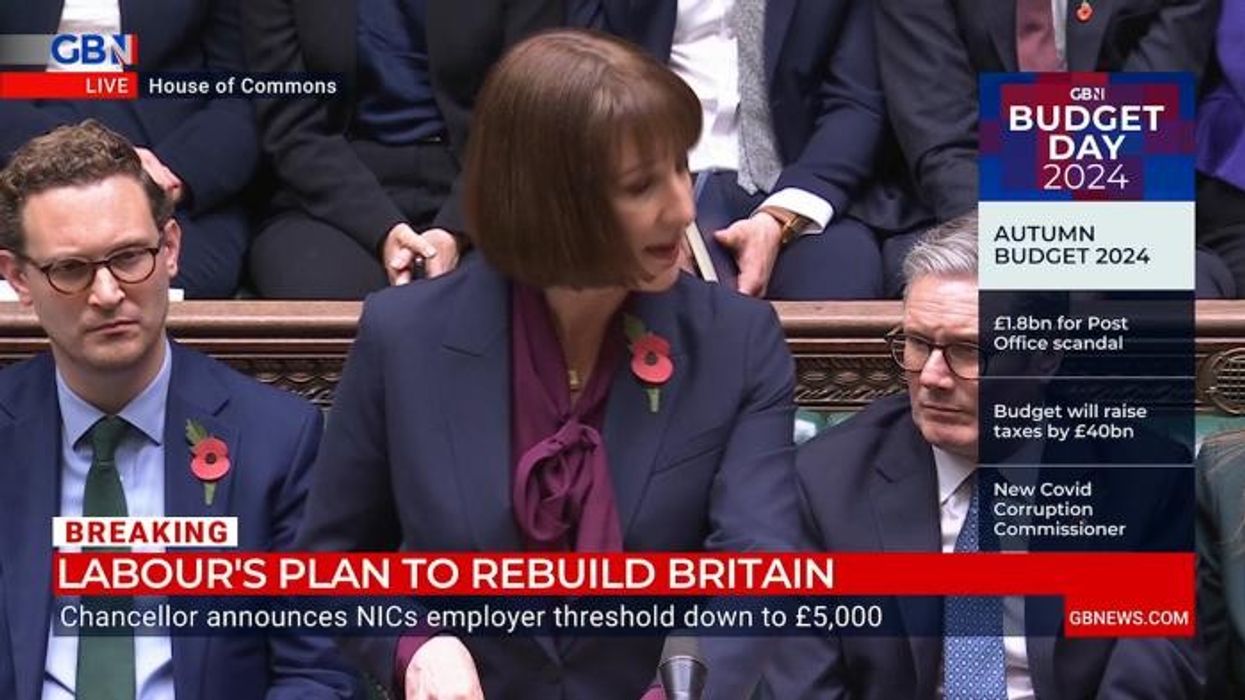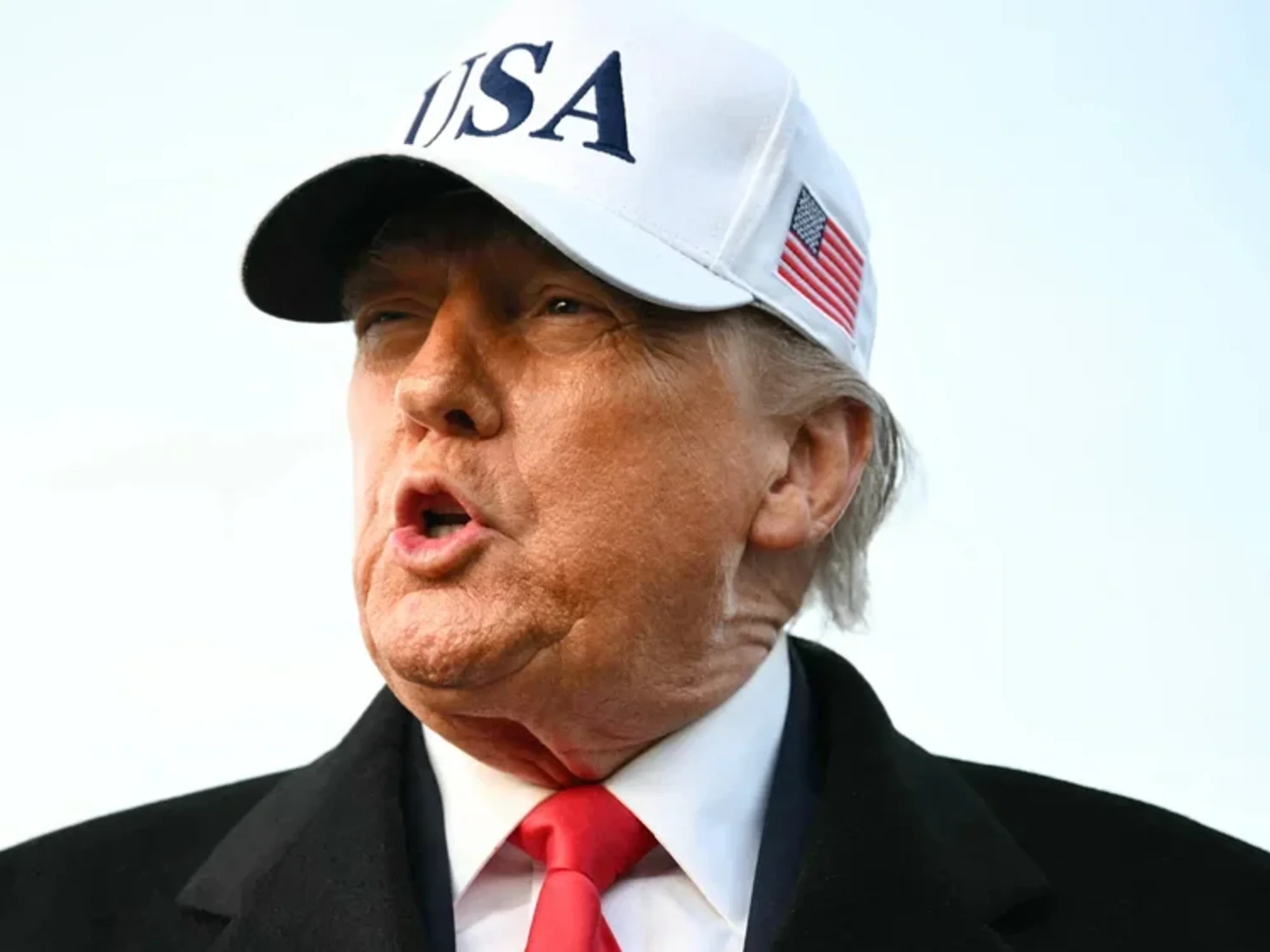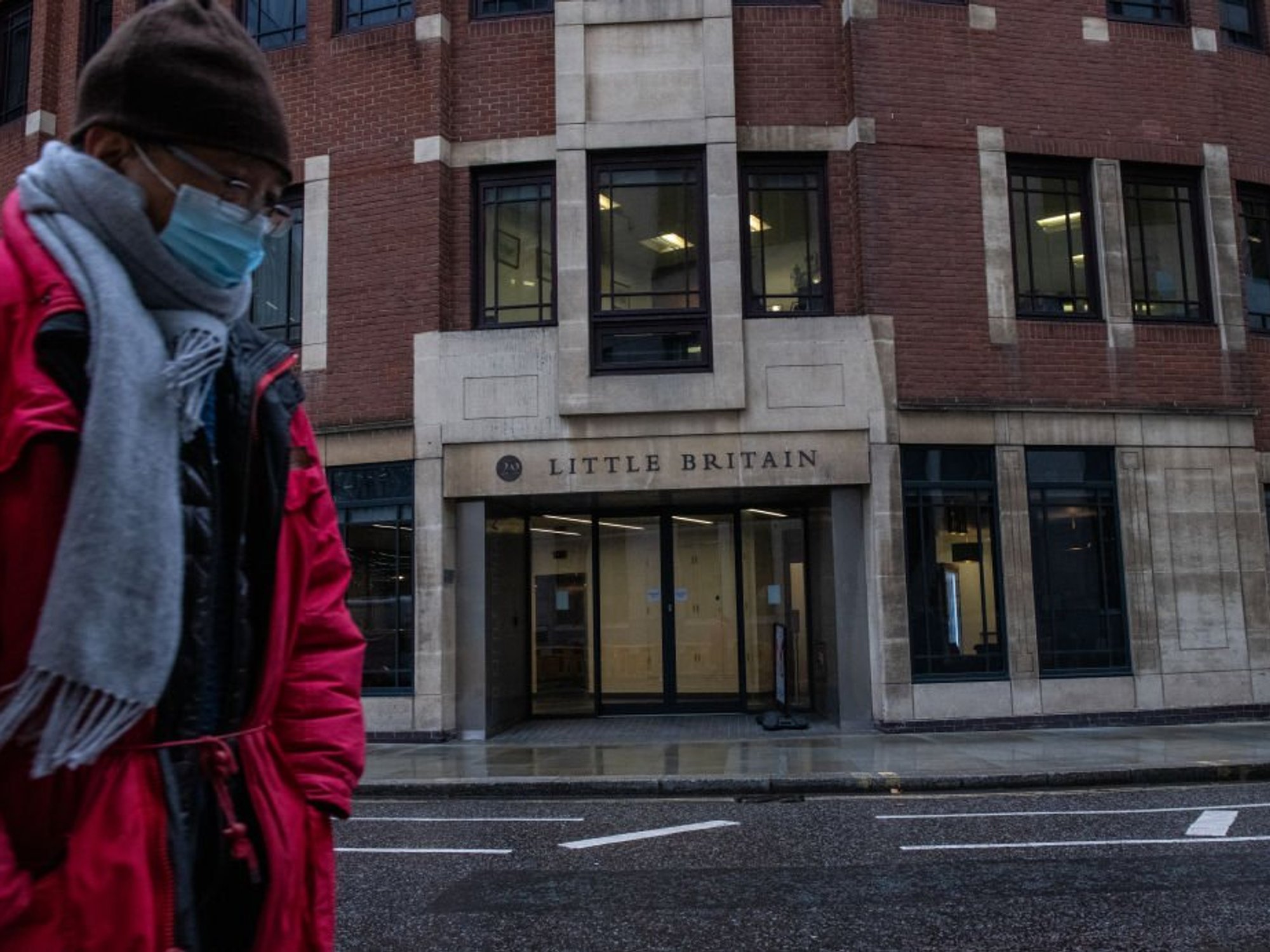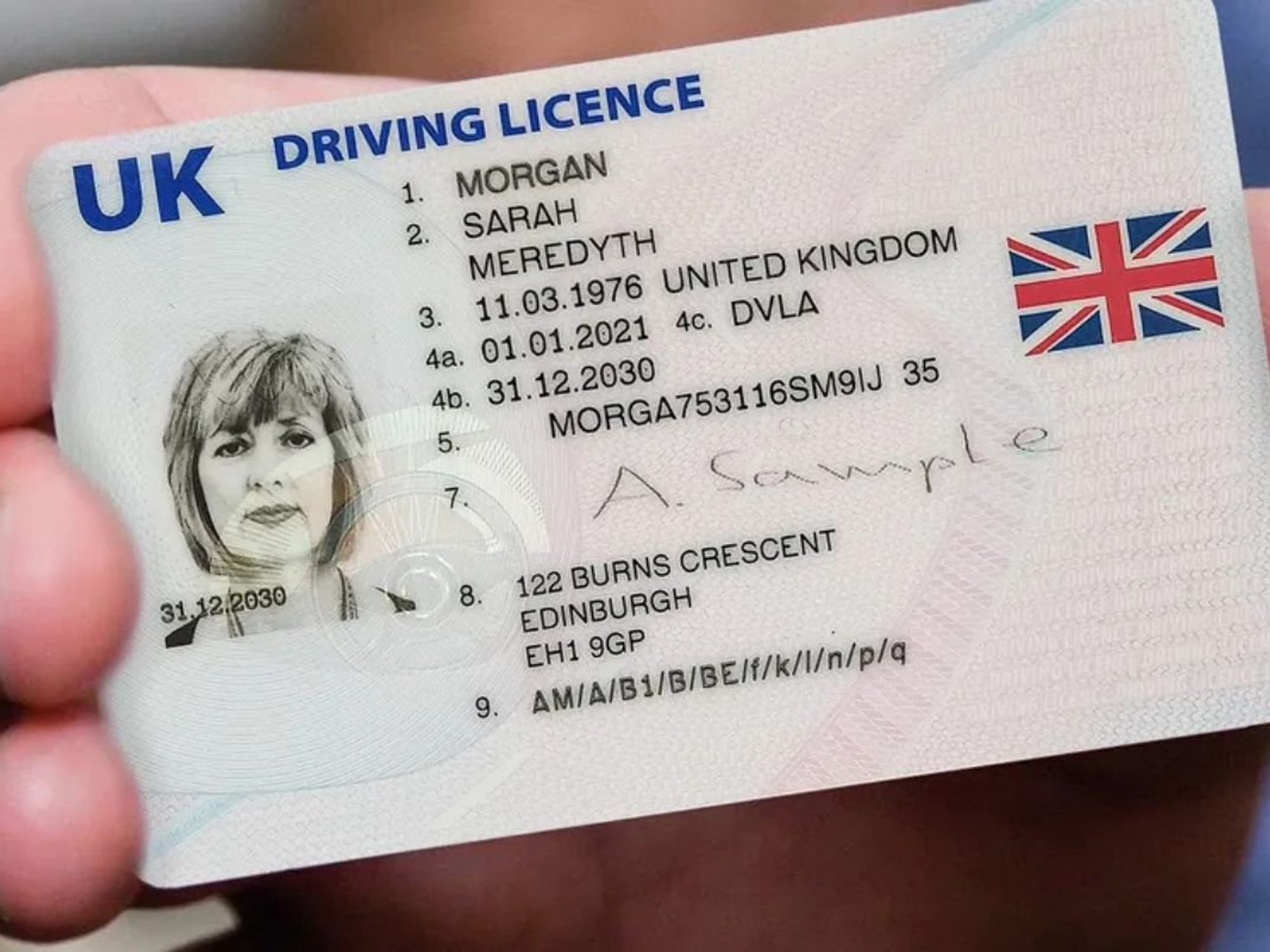Rachel Reeves urged to introduce pay-per-mile car taxes for millions of British drivers

Should Rachel Reeves introduce pay-per-mile car taxes? Vote now and have your say in the comments section below
Don't Miss
Most Read
Support is growing for the Chancellor to introduce pay-per-mile car taxes, which would overhaul the current system and claw back billions in revenue for the Government.
Industry experts have consistently urged successive Governments to prepare for falling revenue from fuel duty as more drivers switch to zero emission vehicles and purchases of petrol and diesel plummet.
A recent study from Auto Express found that British motorists believe a pay-per-mile system may be the fairest way to get all drivers to pay for their use of the road.
Around 42 per cent of motorists across the UK were in favour of having the new system of Vehicle Excise Duty (VED) be a pay-per-mile model.
Do you have a story you'd like to share? Get in touch by emailing motoring@gbnews.uk
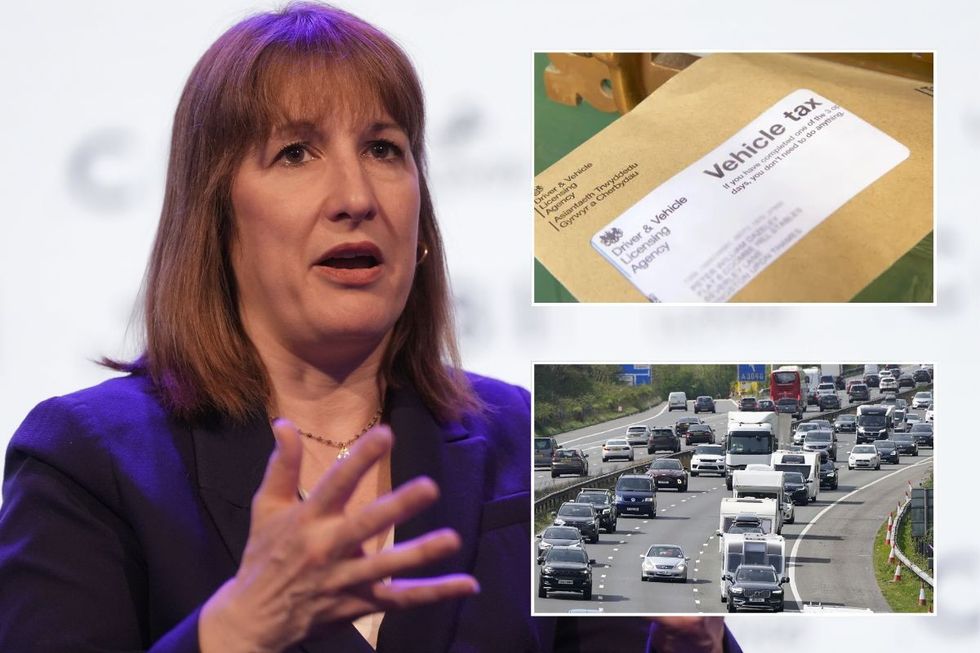
Experts are increasingly calling for the Government to introduce pay-per-mile car taxes
|PA/GETTY
While the Department for Transport stated it was not looking at introducing a road pricing scheme to deal with the drop in revenue from fuel duty, it could be introduced in the near future.
As of April 2025, electric vehicle owners are now required to pay Vehicle Excise Duty, although most drivers will still pay less than the majority of petrol and diesel drivers.
Depending on how such a scheme would be rolled out, it would look to charge drivers based purely on how much they drive, with petrol, diesel and electric car owners likely all being charged a flat rate.
Have your say now: Should Chancellor Rachel Reeves introduce pay-per-mile car taxes?
Rhydian Jones, motoring expert at Confused.com car insurance, acknowledged that there would be a number of benefits and drawbacks for motorists.
Potential positives include drivers seeing their tax costs plummet from the current standard rate of £190, while also reducing traffic, as some drivers may seek alternative travel methods.
However, he noted that those in rural areas would suffer more as they need to take longer and more frequent journeys, as well as those who need to commute during peak times.
Some experts, including Edmund King, AA President, have suggested that schemes could be introduced to help rural drivers, including a certain allowance of "free miles".
LATEST DEVELOPMENTS:
Speaking to GB News last year, an HM Treasury spokesperson said: "We have no plans to introduce road pricing.
"We are committed to supporting our automotive sector as we transition to electric vehicles in order to meet our legally binding climate targets."
In 2021, the Tony Blair Institute for Global Change called on the then-Conservative Government to introduce road pricing to ensure revenue is not lost when fuel duty receipts fall.
As more drivers switch to electric cars, the amount of money raised from the purchase of petrol and diesel will fall, with estimates suggesting there could be a £35billion black hole within the coming years.
A report from the Tony Blair Institute said road pricing could work in four different ways. The first would be a flat pay-per-mile rate where road users are charged for each mile they drive.
A geographic or toll-based charging scheme would charge motorists for driving in certain areas, similar to London's Congestion Charge.
Another suggestion includes a system where drivers are charged for every minute they spend behind the wheel. The fourth would feature an "Uber-style" model where charges vary in a dynamic way depending on the time of day and the road being used.
The report, entitled Avoiding Gridlock Britain, stated that only a fully dynamic scheme would "resolve the economic problem of internalising the externalities".


